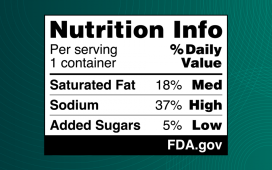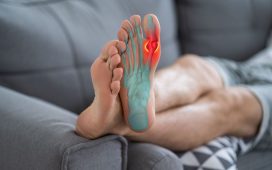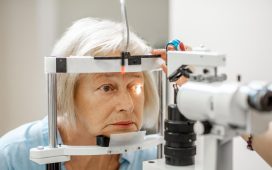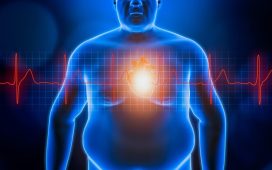Appears to prevent exercise-induced hypoglycemia, reduce risk for hyperglycemia in T1DM patients
TUESDAY, May 29, 2018 (HealthDay News) — Mini-dose glucagon (MDG) is an effective approach for preventing exercise-induced hypoglycemia in patients with type 1 diabetes, according to a study published online May 18 in Diabetes Care.
Michael R. Rickels, M.D., from the University of Pennsylvania in Philadelphia, and colleagues aimed to determine whether MDG given subcutaneously pre-exercise could prevent glucose lowering and compared the glycemic response to current approaches for mitigating exercise-associated hypoglycemia. The authors performed a four-session, randomized crossover trial in which 15 adults with type 1 diabetes treated with continuous subcutaneous insulin infusion exercised fasting in the morning at approximately 55 percent VO2max with no intervention (control), 50 percent basal insulin reduction, 40-g oral glucose tablets, or 150-µg subcutaneous MDG.
The researchers found that during exercise and early recovery from exercise, plasma glucose increased slightly with MDG and decreased with control and insulin reduction, and there was a greater increase with glucose tablets. There were no differences in insulin levels among sessions; glucagon increased with MDG administration. Six participants experienced hypoglycemia (plasma glucose <70 mg/dL) during control sessions, five subjects during insulin reduction, and none with glucose tablets or MDG. However, five participants experienced hyperglycemia (plasma glucose ≥250 mg/dL) with glucose tablets and one with MDG.
“MDG may be more effective than insulin reduction for preventing exercise-induced hypoglycemia and may result in less post-intervention hyperglycemia than ingestion of carbohydrate,” the authors write.
Several authors disclosed financial ties to medical device and pharmaceutical companies, including Xeris Pharmaceuticals, which provided the MDG product for the study.
Copyright © 2018 HealthDay. All rights reserved.








